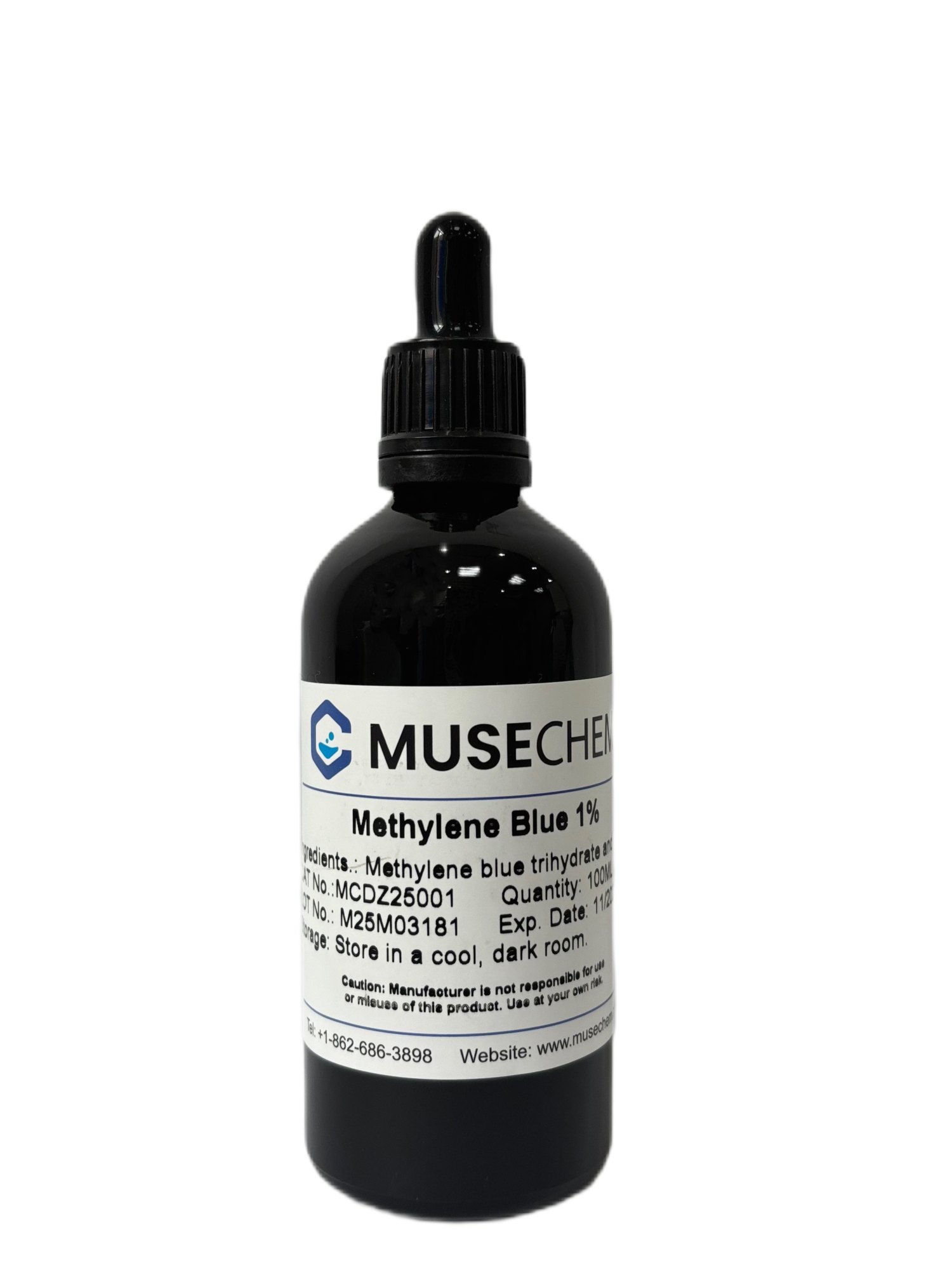Where to Find Embossing Carrier Tape and Cover Tape
April 27, 2025 | News | No Comments
# Where to Find Embossing Carrier Tape and Cover Tape
## Understanding Embossing Carrier Tape and Cover Tape
Embossing carrier tape and cover tape are essential components in the electronics manufacturing industry. These specialized packaging materials are designed to protect and transport sensitive electronic components such as integrated circuits, resistors, and capacitors during the assembly process.
Embossing carrier tape features precisely formed pockets that securely hold components in place, while cover tape seals the top of the carrier tape to prevent component loss or contamination. Together, they form a reliable packaging solution that ensures components remain organized and protected throughout the supply chain.
## Primary Sources for Purchasing
### 1. Specialty Electronic Packaging Suppliers
Numerous companies specialize in manufacturing and supplying embossing carrier tape and cover tape specifically for the electronics industry. These suppliers typically offer:
– Various tape widths and pocket sizes
– Different materials (PS, PET, PC, etc.)
– Custom configurations for unique components
– Bulk purchasing options
### 2. Industrial Packaging Distributors
Many general industrial packaging distributors carry embossing carrier tape and cover tape as part of their product lineup. These distributors often:
– Stock standard sizes and configurations
– Offer competitive pricing for volume orders
– Provide quick shipping options
– Have knowledgeable sales staff familiar with electronic component packaging needs
### 3. Online Marketplaces
E-commerce platforms have become increasingly popular for sourcing industrial materials. When searching online:
– Look for verified suppliers with positive reviews
– Check product specifications carefully
– Compare prices across multiple vendors
– Consider minimum order quantities
## Factors to Consider When Selecting a Supplier
When searching for embossing carrier tape and cover tape, several important factors should influence your decision:
### Quality Standards
Ensure the supplier meets industry standards such as EIA-481 for carrier tape dimensions and performance. High-quality materials will:
– Provide better component protection
– Offer consistent performance in automated assembly equipment
– Reduce the risk of production line issues
### Material Options
Different applications may require specific tape materials:
– Polystyrene (PS): Economical option for general purposes
– Polyester (PET): Higher temperature resistance
– Polycarbonate (PC): Excellent dimensional stability
### Customization Capabilities
For unique component shapes or specialized requirements, look for suppliers who can provide:
– Custom pocket designs
– Special tape widths
– Unique cover tape adhesion properties
– Branded or marked tapes
## Tips for Finding the Right Supplier
1. Request samples before placing large orders to test compatibility with your components and equipment
2. Verify lead times, especially for custom orders
3. Inquire about quality control processes
4. Check if the supplier offers technical support
5. Consider geographic location for shipping costs and delivery times
By carefully evaluating your options and considering these factors, you can find reliable sources for high-quality embossing carrier tape and cover tape that meet your specific production needs.



